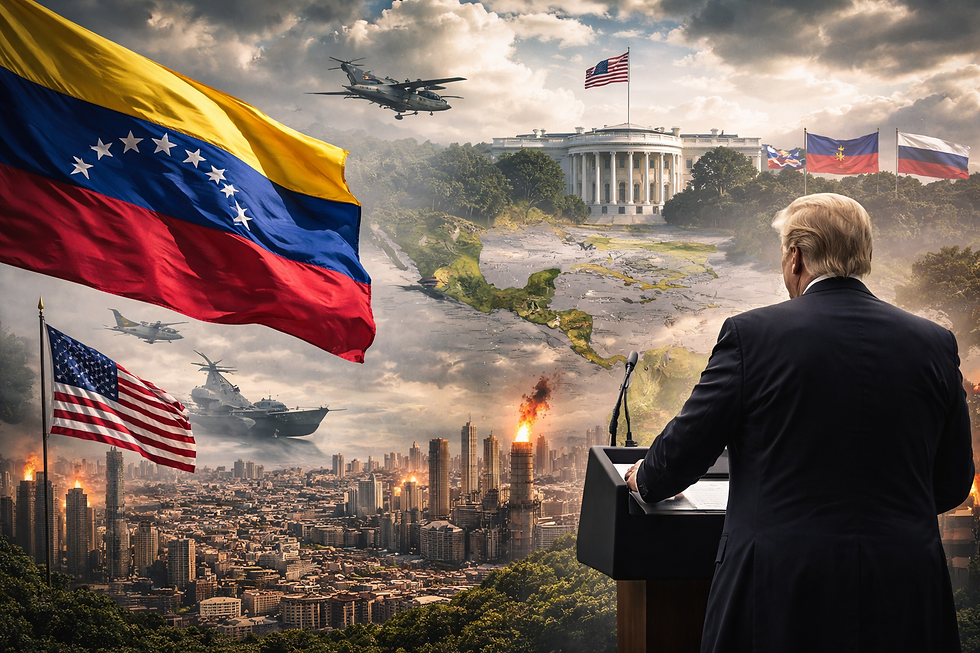Global University Crisis: Student Protests over Gaza Strain Academic and Political Balance
- laboratoriio360
- Oct 8, 2025
- 1 min read
Universities have once again become epicenters of political confrontation on a global scale. From New York to Paris, and through Buenos Aires, Madrid, Johannesburg, and Sydney, thousands of students have occupied campuses, organized academic strikes, and challenged their governments and university authorities to demand an immediate ceasefire in Gaza and an end to institutional ties with Israeli companies and institutions.
What began as a student movement focused on U.S. universities such as Columbia, UCLA, and Harvard has escalated into a wave of transnational civil disobedience. Students accuse their universities of active complicity in the conflict through investments, agreements, or institutional silence.
Government responses have been swift: police evictions, mass arrests, scholarship suspensions, and disciplinary measures. In France, the Ministry of the Interior has labeled the protests as “attempts at radical infiltration,” while in Germany, gatherings have been banned under accusations of “glorifying terrorism.” Meanwhile, some Latin American and South African universities have issued statements supporting freedom of expression and the right to protest.
The controversy extends beyond the Middle East conflict. The debate has become a reflection of deep societal fractures: can universities remain “neutral spaces” amid humanitarian crises? Where does academic freedom begin and end when institutional ethics are at stake?
The student movement has also faced harsh criticism from sectors accusing it of anti-Semitism, ideological manipulation, and cultural polarization. On social media, discredit campaigns have intensified, with hashtags like #CampusRadical and #StopIntolerance, further heightening tensions in public opinion.











Comments